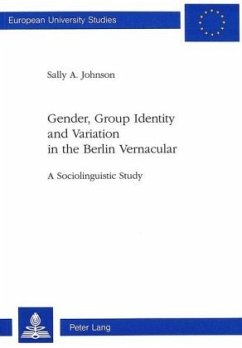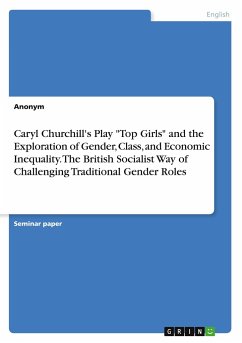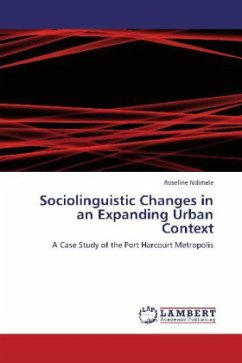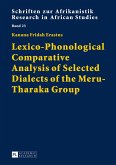The relationship between gender, group identity and variation in usage of the Berlin Urban Vernacular (BUV) is explored with particular reference to feminist critiques of sociolinguistic research. The study is based on a network of native Berliners, referred to as the 'Berlin group'. Friendship ties and activities within the group are explored qualitatively, and the findings quantified in the form of a 'Group Identity Score' (GIS) allocated to each informant. The linguistic corpus is then analyzed in terms of potential correlation between gender, GIS, and variation in usage of phonological variables of the BUV. Though some differences emerge in the way men and women appear to use the BUV in order to identify with the group, no differences are found in the actual quantity of dialectal variants used by men and women. The study provides an appraisal of the sociolinguistic methods normally applied in variationist work, and questions the uncritical pursuit of sex difference , especially where similarity is potentially of equal, if not, greater relevance.








